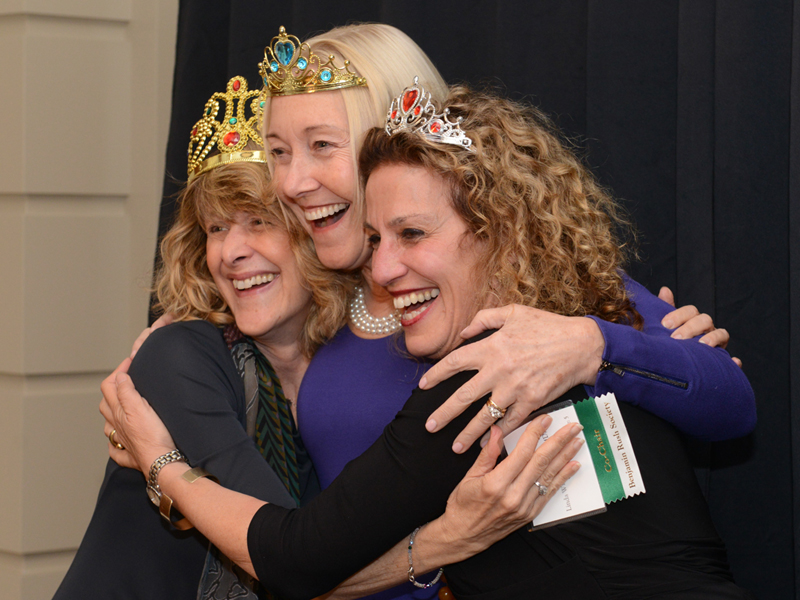Image

Stay connected with your fellow graduates and Rush through the following:
- Contact Rush Alumni Relations: How can we help you?
- Alumni events: Details about Homecoming, Reunion, networking opportunities and more.
- Follow Rush University Alumni on Facebook: Get updates about upcoming alumni events, Rush University news and alumni accomplishments.
- Rush University 50th Anniversary E-Memory Book
- Alumni news & accomplishments: What your fellow Rush University alumni are up to.
- Submit an update: Your chance to share professional news and life updates with us.
- Rush University Graduate College Alumni: Connect with fellow alumni, find volunteer opportunities and share the spirit of the Graduate College.
- Rush Medical College Alumni Association: Celebrating and supporting all Rush medical alumni.
- Rush-Presbyterian-St. Luke's Alumni Association: Celebrating and supporting all nursing graduates of Rush University College of Nursing and its predecessor schools.
- Rush University Department of Health Systems Management Alumni Association: Celebrating and supporting all graduates of the College of Health Science's health systems management program.
